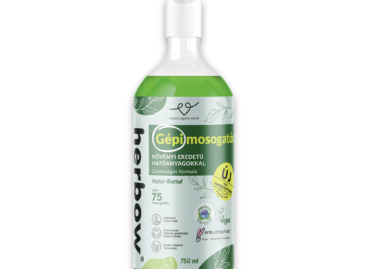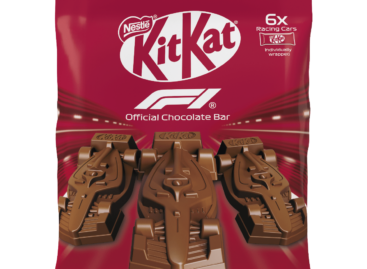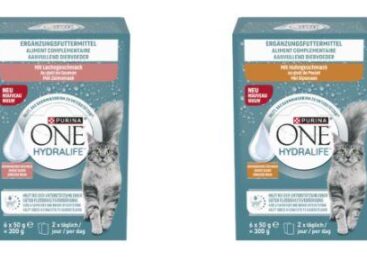What will you be eating tomorrow?
Plant-Powered Perspectives is a business conference, which took place for the third time last year at the METRO Gastro Academy, and it is also Hungary’s premier plant-based food event.
This article is available for reading in Trade magazin 2024/4

Diána Sárga
senior nutritionist
Nestlé Hungária
Nestlé’s senior market nutritionist Diána Sárga gave a presentation about the perspectives of plant-based nutrition, which focused on what consumers think about plant-based protein consumption. Relying on research data, she highlighted the importance of increasing the proportion of plant-based foods in our diets, which can have a beneficial effect on both our health and the environment.
Today 63% of the protein sources of the Hungarian adult population are meat, meat products and dairy products. Diána Sárga also spoke about the obstacles of implementing a largely plant-based diet.
New data
Nestlé Hungária did a survey at the end of 2023 to assess the attitudes of Hungarians about healthy eating and meat consumption. Among other things, Nestlé Hungária also asked how well known the Veganuary movement is, an initiative aimed at reducing meat consumption, which is becoming increasingly popular abroad. In 2022 52% of respondents said they would give up at least one type of animal-based food or meat product. This proportion grew to 58% a year later, with processed meat products and red meat mentioned in particular. Overall, the number of people paying attention to follow a healthy diet has increased. Fruit and vegetable consumption is still considered the most important aspect of this, rising from 64% to 68%.
Health consciousness is now stronger motivation for cutting down on meat consumption
Three in 10 people follow some kind of special diet and 10% limit their meat or animal-based food consumption. 60% of the consumers surveyed eat meat several times a week but not every day, and meat-free days are motivated primarily by a desire to save money. This is in line with previous results, but an important difference is that the weight of financial considerations has dropped from 58% to 48%, while the weight of health reasons has grown from 12% to 18%. On the consumer side there is growing interest in flexitarian diets. Many people include one meat-free day per week in their diet.
Plant-based ingredients and sustainable production
Recent studies say replacing animal-based products with plant-based alternatives significantly reduces the emissions, land use and water consumption associated with those products. Nestlé Garden Gourmet is committed to cutting its environmental footprint in the production of its vegetarian and vegan products in many ways: the brand is dedicated to the widespread use of soil restoration practices, together with farmers and suppliers. The survey also reveals that the proportion of people who would like to eat less animal-based food but don’t want to abandon them completely is high. For them Garden Gourmet offers a tasty alternative that contributes to their daily protein and fibre intake, in addition to a balanced diet. In the Garden Gourmet range there are vegetarian options such as Veggie Balls and vegan products like Vegan Schnitzel and Vegan Nuggets; the latest addition is Garden Gourmet Falafel, debuting in early 2024. //
Related news
KitKat F1 car icon
🎧 Hallgasd a cikket: Lejátszás Szünet Folytatás Leállítás Nyelv: Auto…
Read more >PURINA ONE HYDRALIFE
🎧 Hallgasd a cikket: Lejátszás Szünet Folytatás Leállítás Nyelv: Auto…
Read more >Related news
GDP growth in OECD member countries slowed to 0.3 percent in the last quarter of last year
🎧 Hallgasd a cikket: Lejátszás Szünet Folytatás Leállítás Nyelv: Auto…
Read more >Change in Rossmann Hungary’s leadership: Kornél Németh decided to move towards new challenges in 2026
🎧 Hallgasd a cikket: Lejátszás Szünet Folytatás Leállítás Nyelv: Auto…
Read more >








